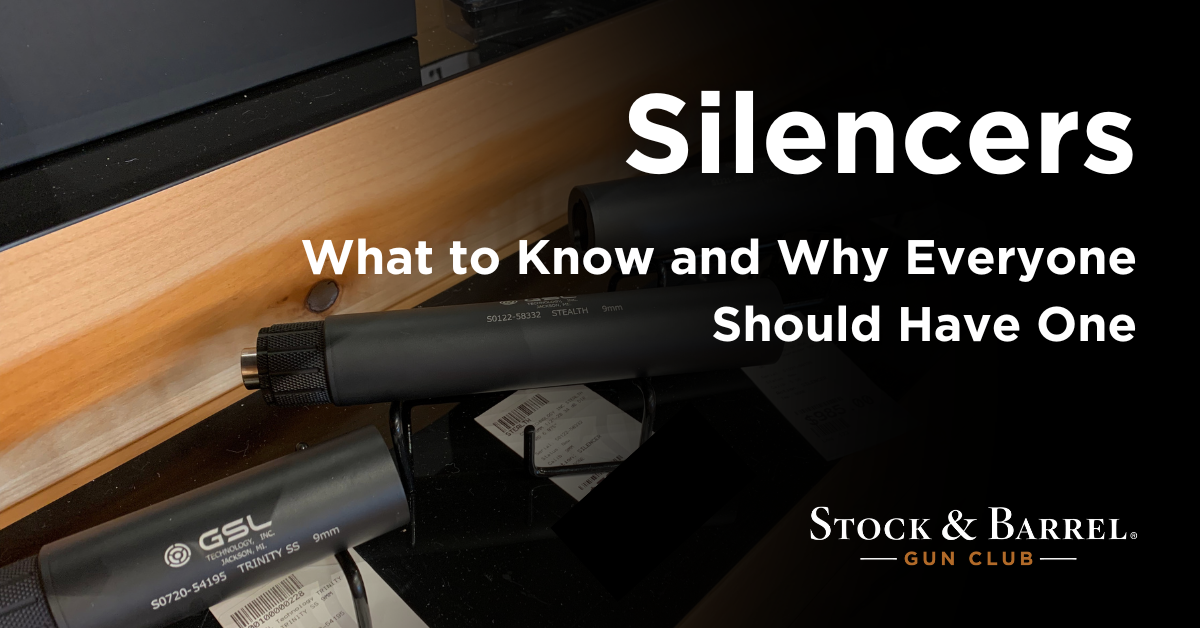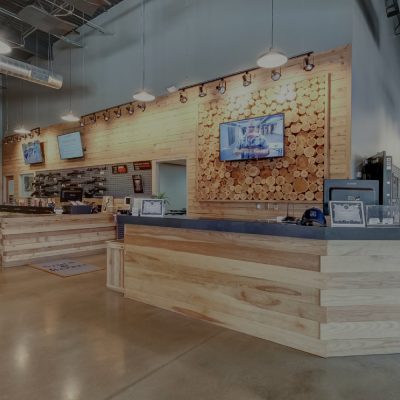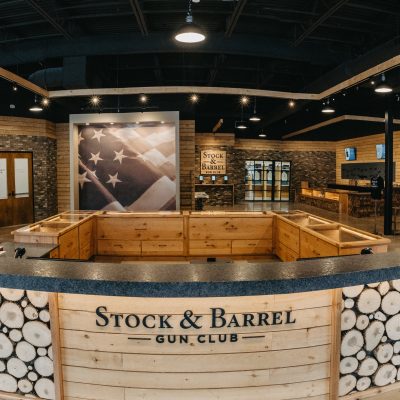With a myriad of firearm accessories available in an ever-expanding market, one peripheral attachment stands above the rest. Silencers (also known as suppressors or cans) offer a unique set of benefits that will last a lifetime if not longer. If you are considering your first silencer purchase, or have never considered a silencer purchase before, there are a few things worth knowing that might just change your mind.
WHAT IS A SILENCER?
First patented by the famous Hiram Maxim in 1909, in simple terms a silencer is a muffler for the end of a firearm – similar to the muffler on your vehicle. They are designed to reduce flash, sound, and disturbance of air at the muzzle-end of your firearm. They’ve been used for decades in a variety of situations everything from military operations, law enforcement actions, hunting, and even pest extermination. Anything that involves a projectile being fired can, theoretically, be silenced and there’s no shortage of ingenious designs around that concept. One of the biggest challenges however when first getting into the silencer market, is where does one start the process? The simplified answer is it depends on your purpose. Different silencers are designed, just like a firearm, for different uses. When getting acquainted with the silencer market, it’s best to figure out why you want one, or what you intend to use it for, and work backward from there.
ARE THEY REALLY…SILENT?
The short answer is, no. But the reason they’re not silent isn’t the fault of the silencer itself or its design, it’s related to the ammunition being fired through it. Hollywood has done a terrible job of portraying how silencers work. To the days of Sean Connery and his Walther PPK, we all grew up hearing a tiny ping tone when a silenced pistol was fired. The problem with this concept is that the majority of pistol and rifle ammunition on the market breaks the sound barrier when fired. That’s the crack you think of when a round is fired. A silencer can muffle the explosion of bullets being fired but, as soon as it exits the end of a silencer, it breaks the sound barrier. Unless you’re using subsonic ammunition, a silencer will muffle the bang coming out of the gun, but not the crack-created downrange when the bullet goes subsonic. Despite this, the reduction in blast makes it much more pleasant for the shooter and for those around them. European firearms laws, which are generally quite restrictive on gun ownership, are incredibly permissive in regard to suppressors – far more so than US law – because using a suppressor is viewed as a courtesy to those shooting around you.
TIME TO PICK YOURS!
So you’ve chosen to purchase your first silencer, congratulations! The staff of Stock & Barrel will be able to help you fully through that process, here are a few things to consider beforehand. First and foremost, what firearm(s) will you want to suppress? Multi-caliber silencers are a great option for first-time buyers as they often allow you to run one silencer on multiple firearms. This greatly reduces cost up front, however, there are still general limitations. Typically, pistol caliber silencers such as those in 9mm, .22, and .45 aren’t rated for centerfire rifle calibers like .223/5.56 and 7.62×39. As a general rule, asking for a .30 caliber silencer will cover most rifle calibers, and a .45 caliber silencer will cover most pistol calibers. Because .22 caliber rimfire cartridges typically run quite dirty in comparison to centerfire rifle and pistol calibers like 9mm and .223/5.56 it’s highly recommended that you purchase a caliber-specific silencer for .22.
Then there’s cost. As a general rule, just like with sports cars, the lighter and more exotic the materials, the more expensive the silencer. Generally speaking, you can expect to pay $500+ for a rifle silencer in anything but .22 and $300+ for a pistol silencer again excluding .22 caliber. It’s important to also factor in the $200 tax stamp owed no matter what silencer you choose. Once you purchase the silencer, you’ll need to go through a background check process. This process is significantly longer than your standard check when purchasing a firearm, along with providing passport photos and fingerprints. Thankfully the staff at S&B will be able to help you the whole way. Once your background check clears (usually measured in months) you’ll receive a phone call to come pick up your silencer.
WHAT TO EXPECT WHEN CHOOSING A SILENCER
No matter what silencer you choose, keep in mind that it will be taking the explosion that is normally directed out of the muzzle of your firearm and containing it in a metal cylinder. As a result, some of the particulate matter that normally exits the muzzle will be trapped inside the action of your firearm. That means, your firearm will get dirtier faster running a silencer. Typically this will mean needing to clean your firearm more often and checking for wear on certain parts more frequently as well. There are silencers now being produced that counter this “back-pressure” effect and they are growing in popularity. What you should expect though is a more pleasant shooting experience shooting in terms of noise. This effect is even more apparent at indoor ranges where sound is amplified as it echoes off the floor and walls of the range. With the right silencer choice, your shooting experience will be far more pleasurable for both the person shooting and everyone around them. Suppressors are also a great stepping stone for those who are intimidated by the sound and noise of unsuppressed shooting.
While the purchasing process can be a bit onerous, your silencer will likely become an heirloom item that will serve you well for decades to come. If you have any questions about ownership, purchasing, or which is the best silencer for your needs a place like S&B will have great information and can provide guidance. Just like a first firearm purchase, knowing what suits you best is over half the battle.
Classes You May Be Interested In:
- AR-15 For Defense Classes in Eagan or Chanhassen
- Intermediate Handgun Shooting Skills in Eagan or Chanhassen
Other Articles You May Be Interested In:
- Selecting A Handgun
- Firearms, Fun For The Whole Family





